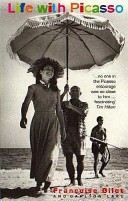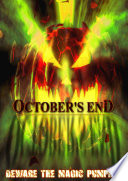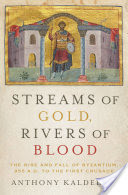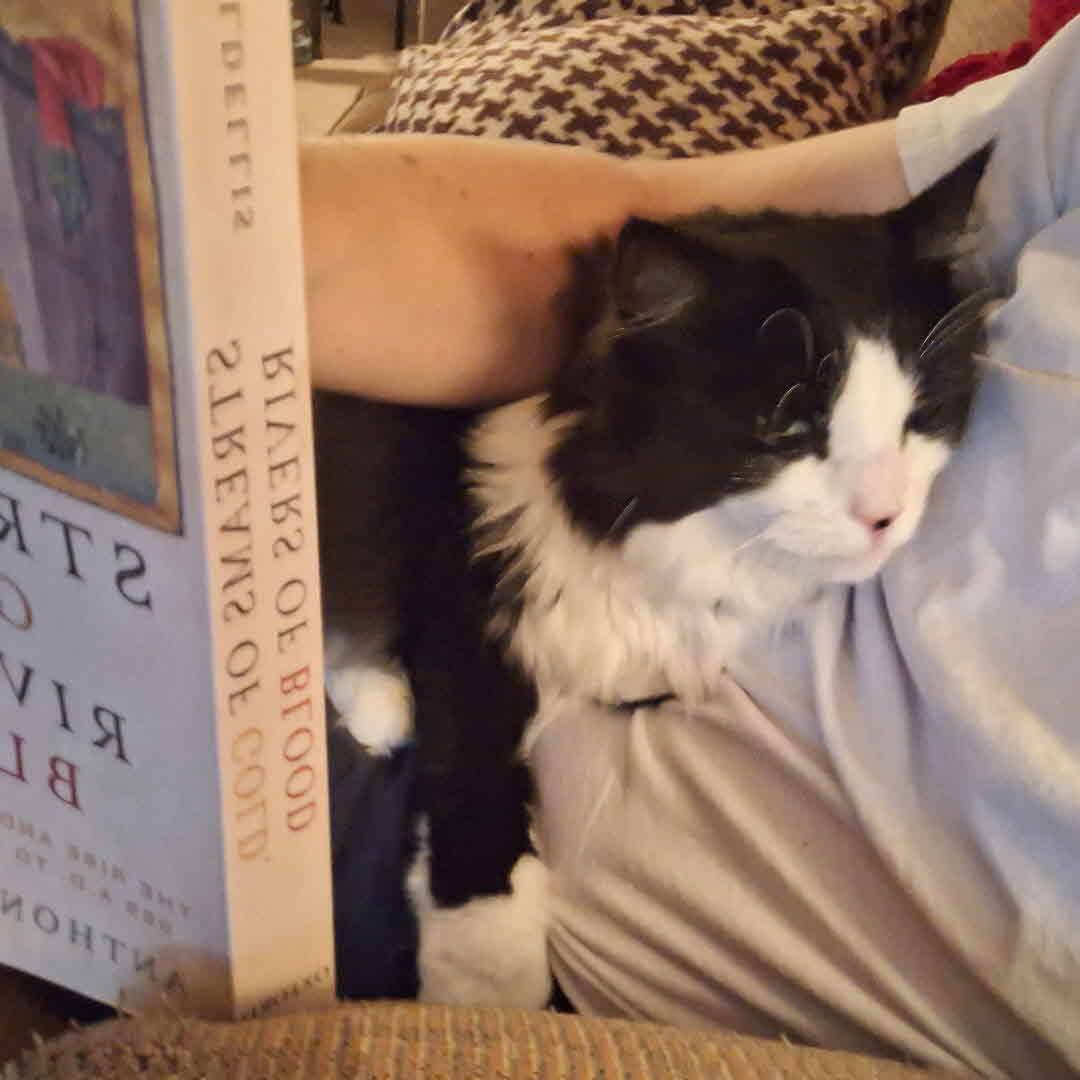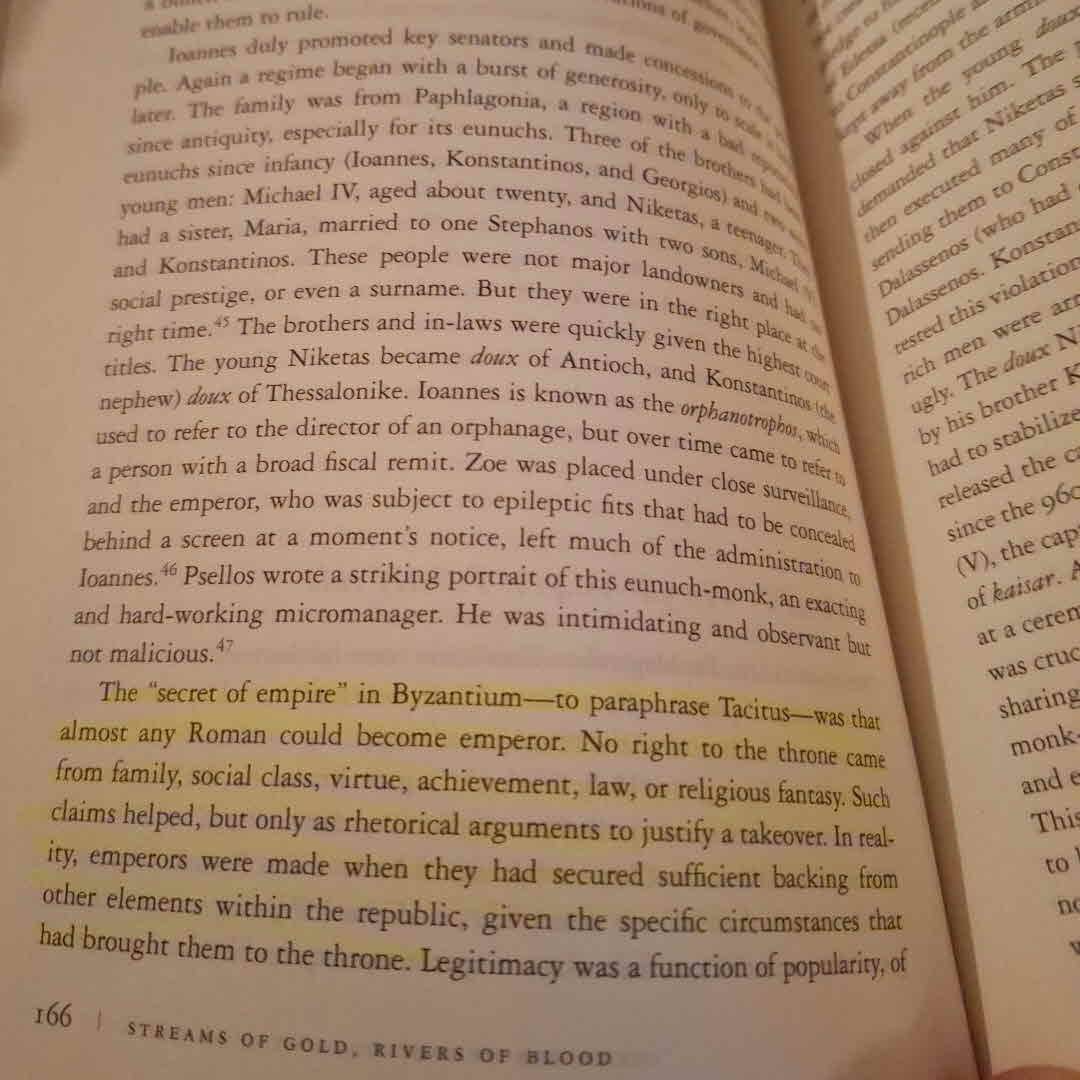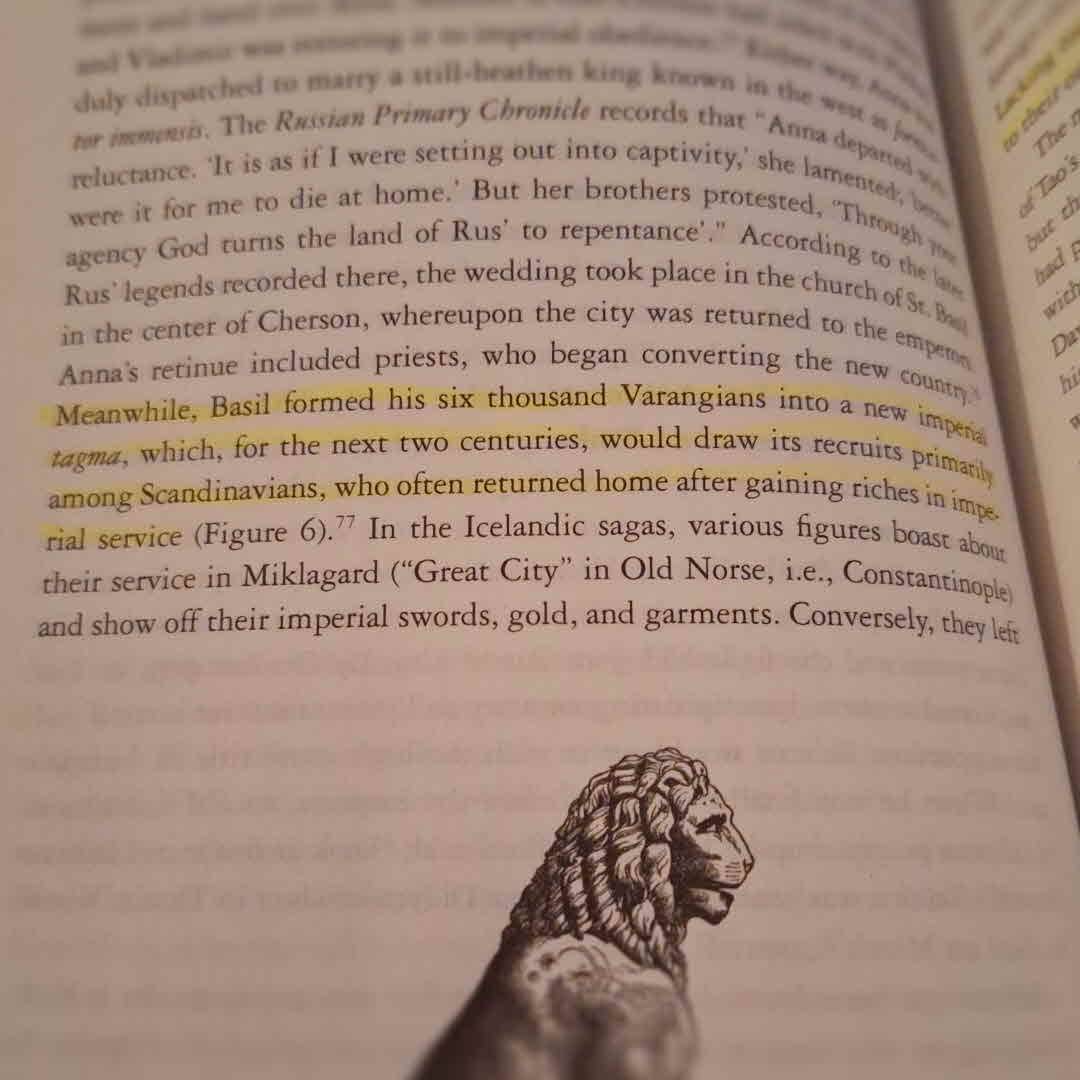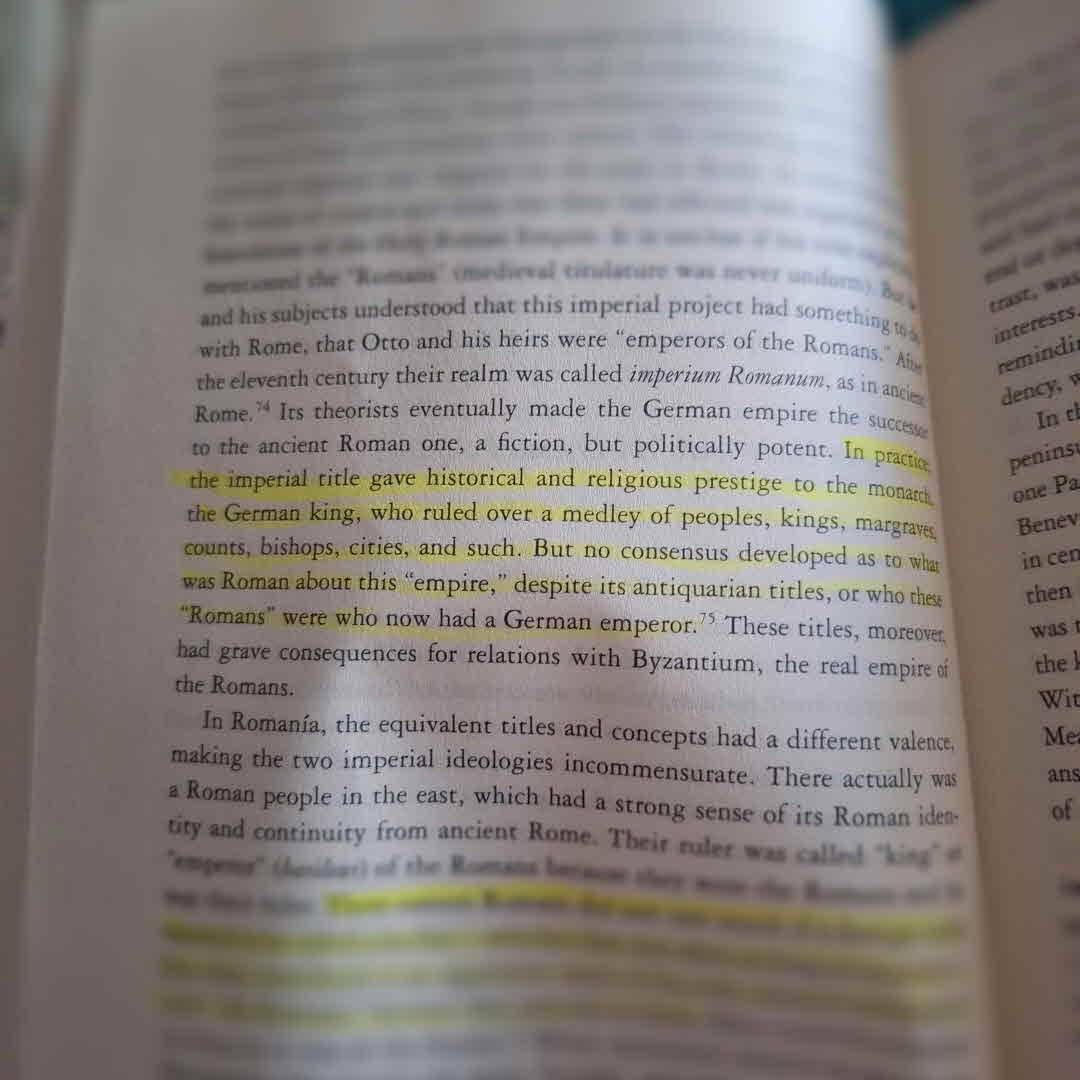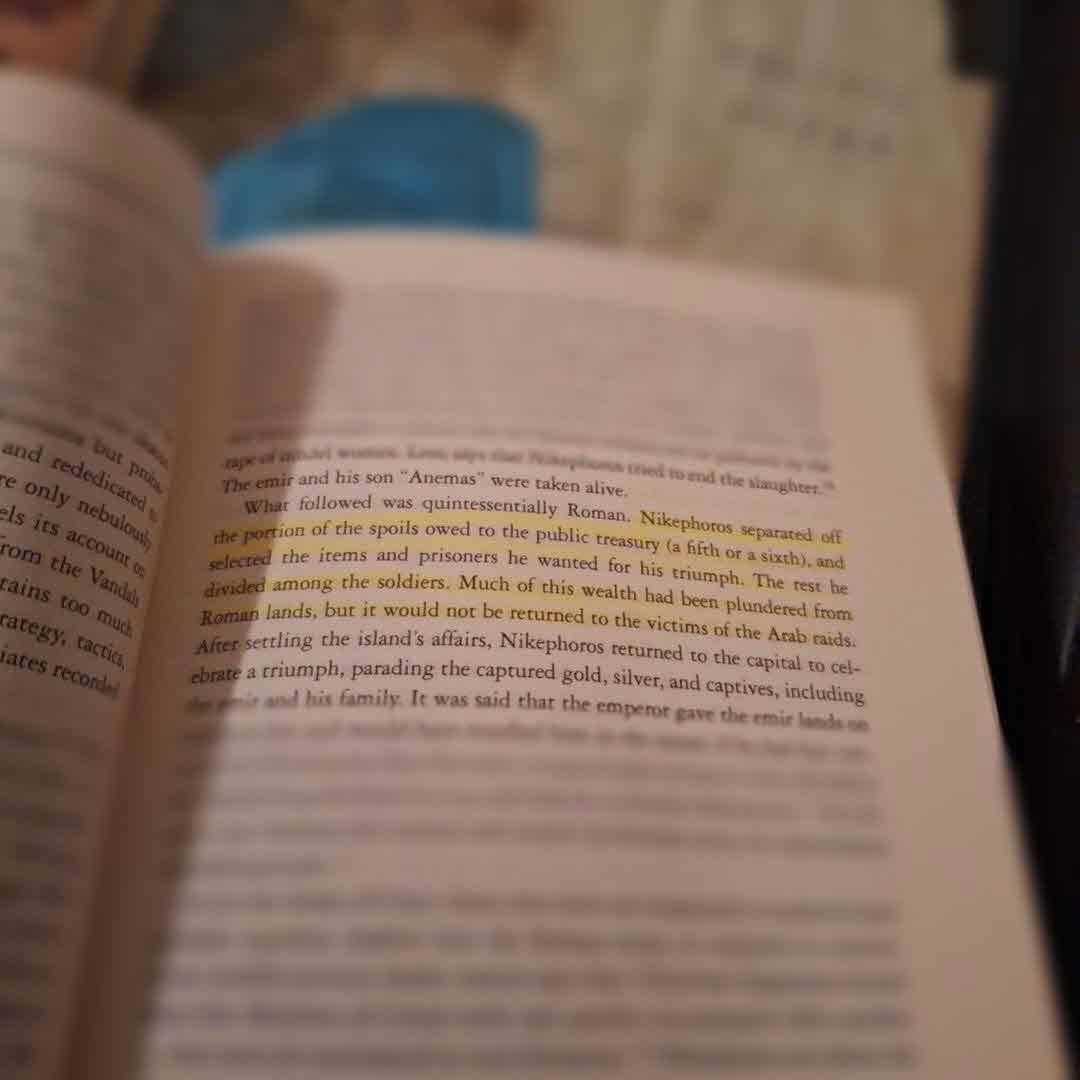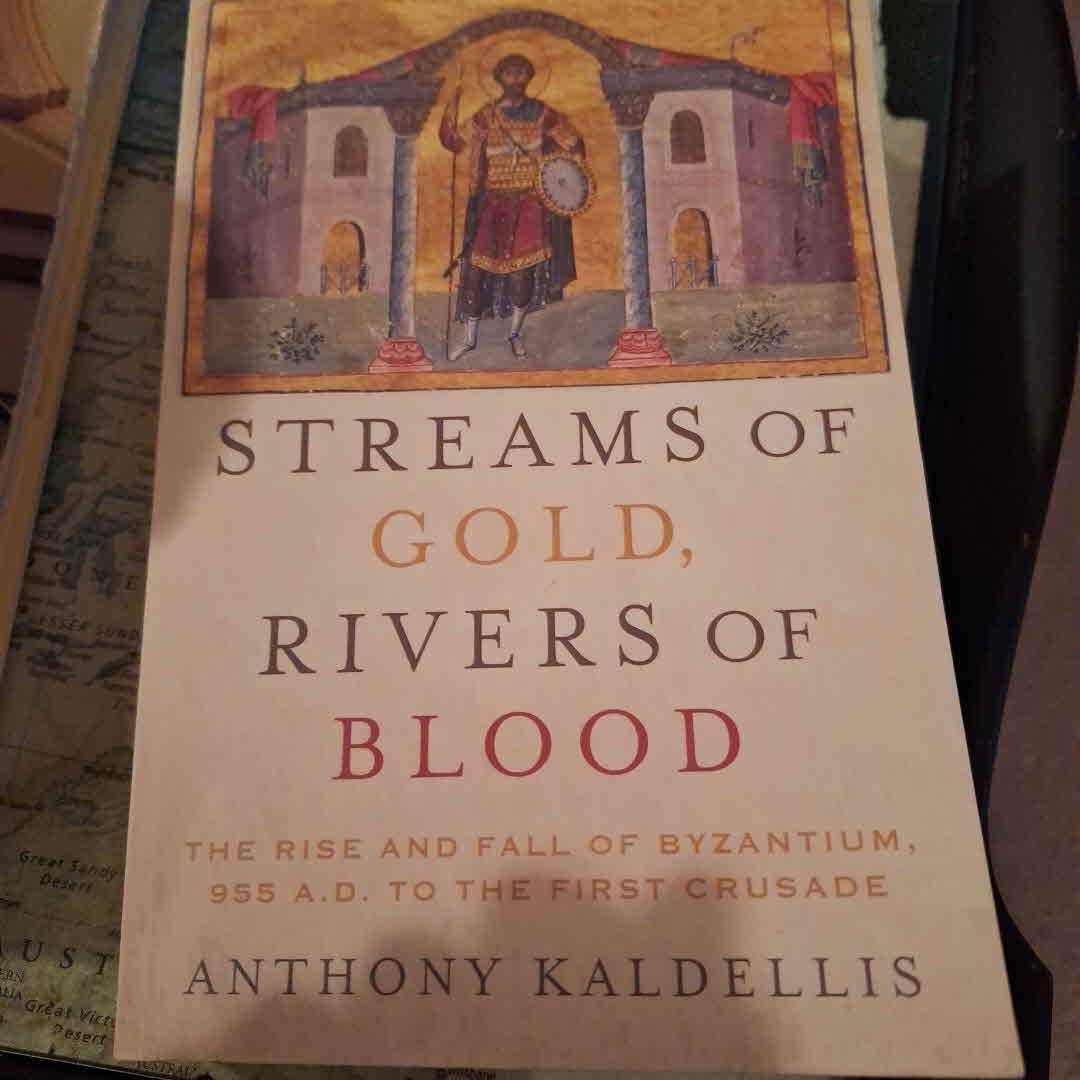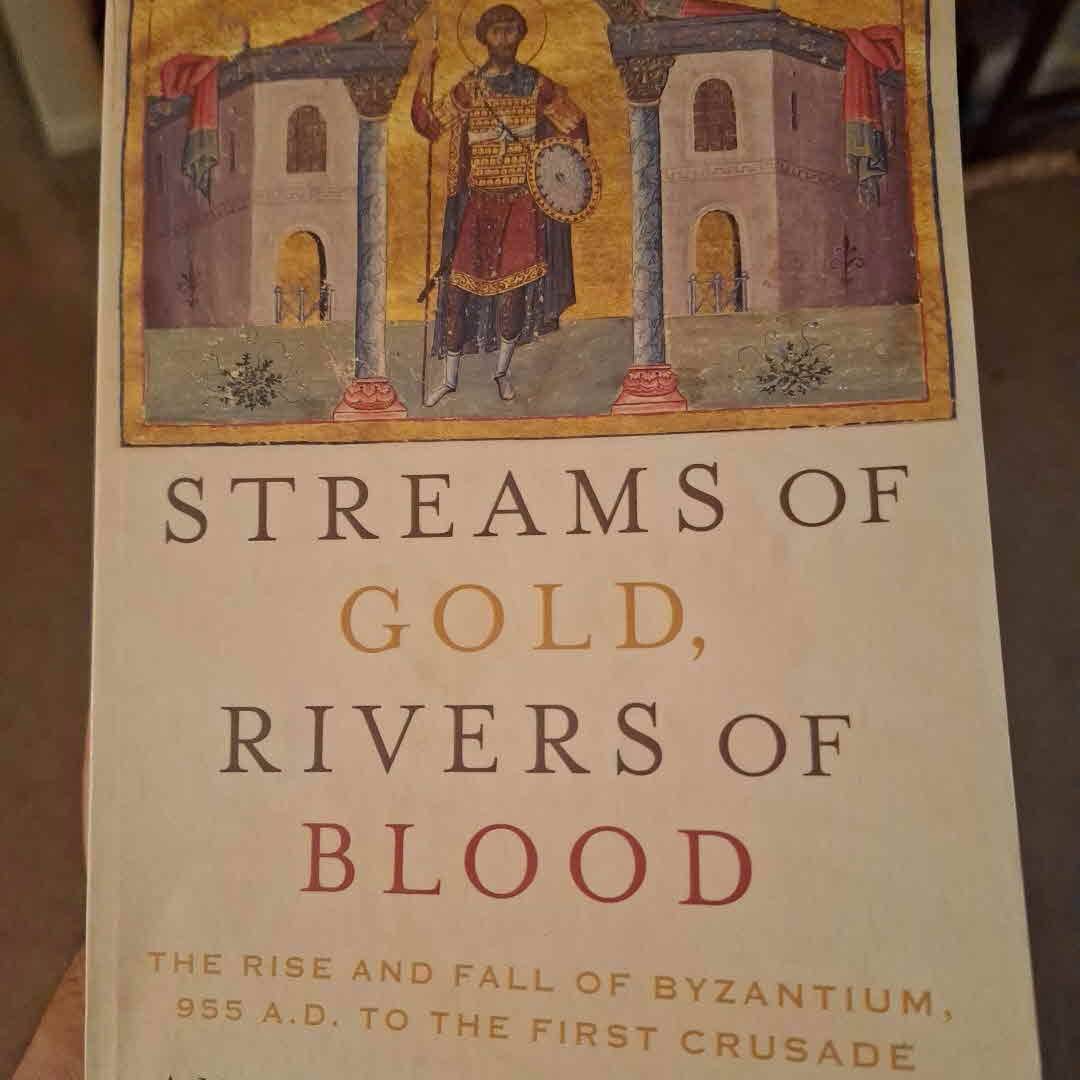
Informative and well-written. Kaldellis provides a good overview of Byzantine history from the mid-10th century to late 11th century. Topics covered include the reign of Basil II, the Battle of Manzikert, and the lead-up to the 1st Crusade, among others. While mainly focusing on military and political aspects of Byzantium, religion, society and the economy are also touched on.
Definitely worth reading if you're interested in Byzantine history.









